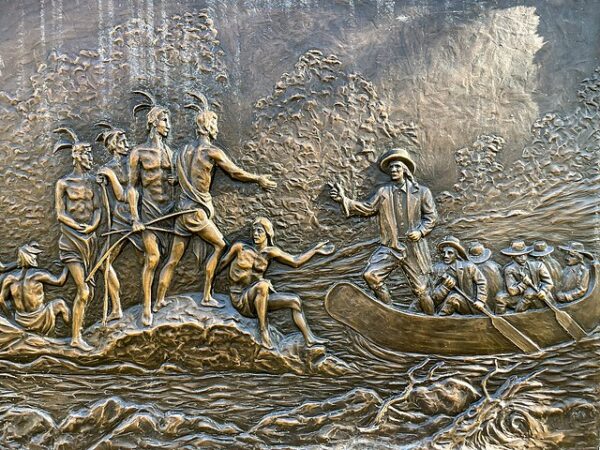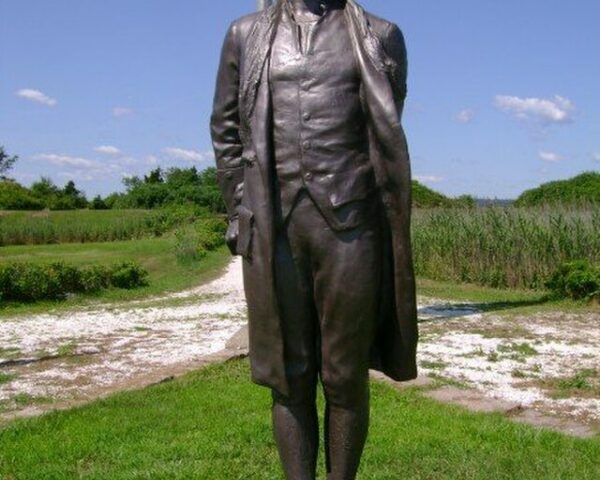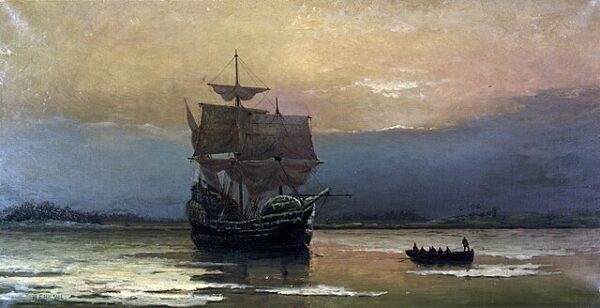The most famous ‘tea party’ ever took place on the evening of December 16, 1773, in Boston Harbor, Massachusetts.
The Sons of Liberty, led by Samuel Adams, writes The History Channel, rallied “against British Parliament and protested the Griffin’s Wharf arrival of Dartmouth, a British East India Company ship carrying tea. By December 16, 1773, Dartmouth had been joined by her sister ships, Beaver and Eleanor; all three ships loaded with tea from China.
That morning, as thousands of colonists convened at the wharf and its surrounding streets, a meeting was held at the Old South Meeting House where a large group of colonists voted to refuse to pay taxes on the tea or allow the tea to be unloaded, stored, sold or used. (Ironically, the ships were built in America and owned by Americans.)
Governor Thomas Hutchison refused to allow the ships to return to Britain and ordered the tea tariff be paid and the tea unloaded. The colonists refused, and Hutchison never offered a satisfactory compromise.
That night, a large group of men—many reportedly members of the Sons of Liberty— disguised themselves in Native American garb, boarded the docked ships and threw 342 chests of tea into the water.
Despite being surrounded by British gun ships, no one tried to stop “the Tea Party.”
The primary catalyst for the Boston Tea Party was the Tea Act of 1773, which granted the British East India Company a monopoly on tea sales in the American colonies. This act infuriated the colonists, as it not only reinforced the unpopular tax on tea but also threatened local merchants. In response, a group of colonists, disguised as Mohawk Indians to conceal their identities, boarded three British ships – the Dartmouth, the Eleanor, and the Beaver – and dumped 342 chests of tea into the harbor. The protesters’ actions were a symbol of resistance against what they perceived as unjust taxation and a violation of their rights.
The British government, angered by the destruction of valuable tea and the challenge to its authority, responded with the Coercive Acts, also known as the Intolerable Acts, which were designed to punish the people of Massachusetts. These acts further fueled anti-British sentiments among the colonists and united them in their opposition to British rule. The Boston Tea Party served as a rallying cry for the growing movement towards independence, as colonists increasingly sought to assert their rights and break free from the perceived tyranny of British rule.
The event resonated not only in the American colonies but also in the broader context of Enlightenment ideals and the concept of self-governance. The protest contributed to the development of a shared sense of identity among the colonists and strengthened their resolve to pursue independence.
The Boston Tea Party remains a symbol of the power of civil disobedience and the lengths to which individuals are willing to go in defense of their principles and liberties. In the grand narrative of American history, it stands as a bold act of defiance that set the stage for the greater struggles for freedom and independence that would follow.






